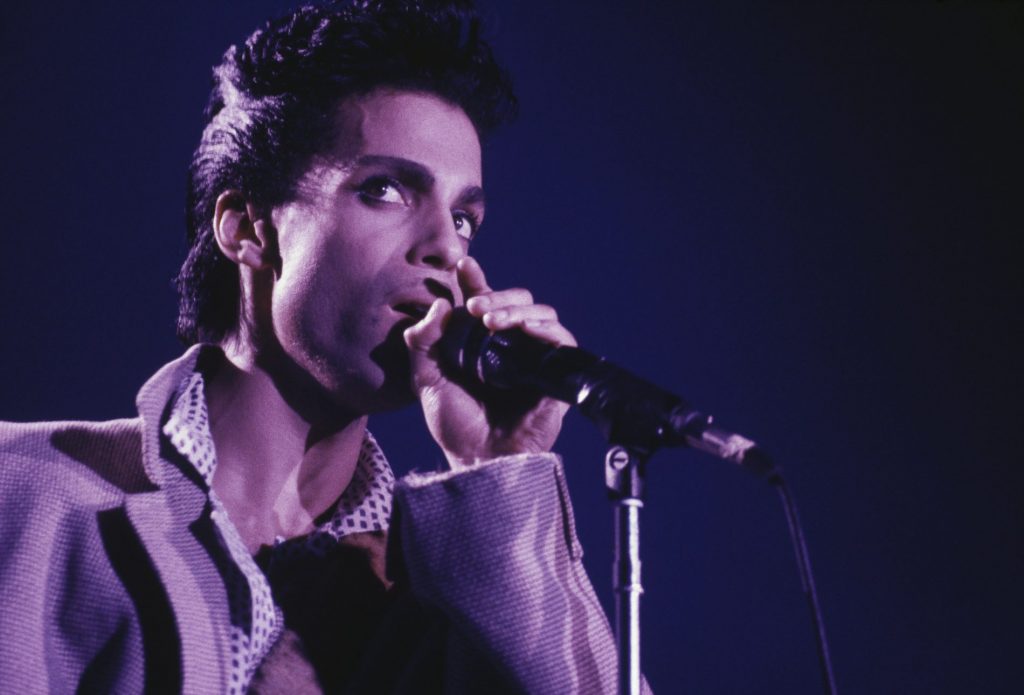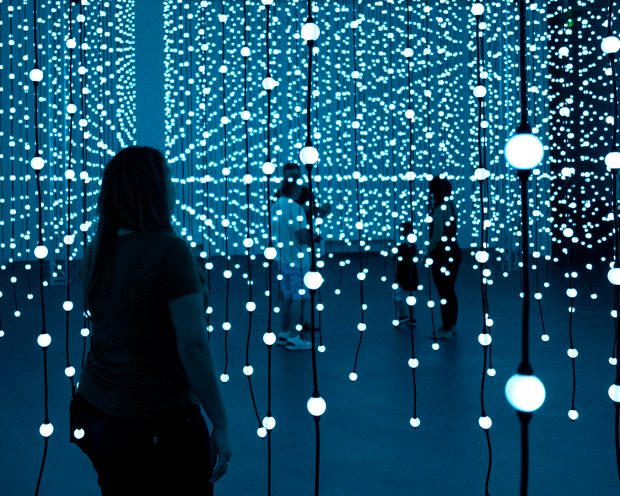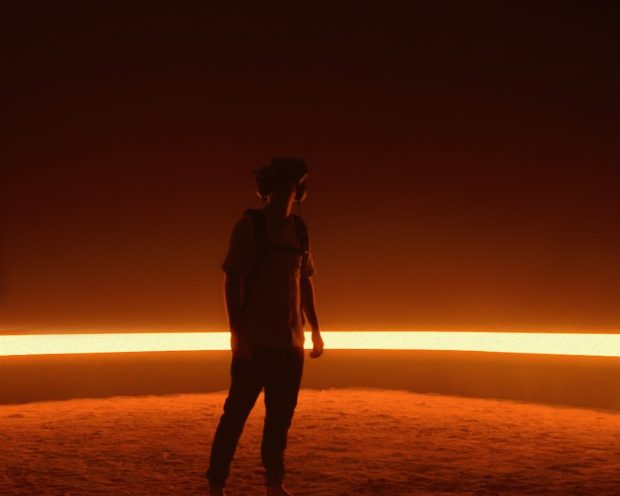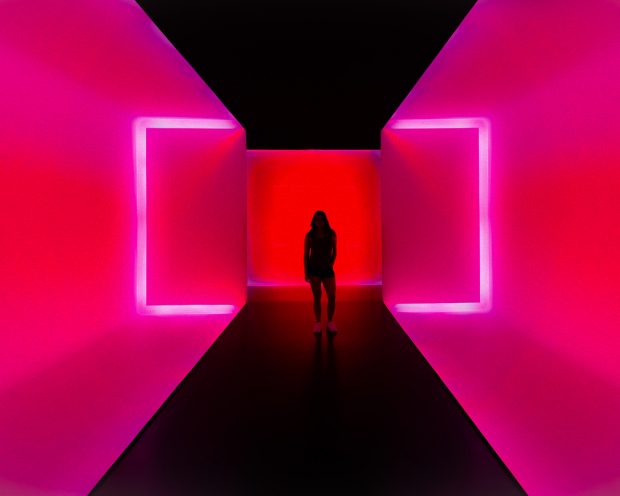The Business of Being Together: Why Experiential Is More Powerful Than Ever

February 20, 1989, is forever burned in my memory. With my hair sky-high and my adrenaline even higher, I headed to the Forum in Inglewood, CA to see The Purple One, His Royal Badness, The High Priest of Pop… Prince. Obviously, the arena’s gold and orange seats were just for decoration because from the opening riff of “Controversy” to his third and final encore, no one dared sit down. As I watched Prince pirouette in his pink feather boa while Sheila E. twirled her glow-in-the-dark drumsticks, my voice quickly faded into raspy scratches and my jaw grew sore from smiling. By the time he belted “Purple Rain,” I turned to my girlfriends and screamed, “I don't even know what just happened to my body!” But, now I know — I was experiencing my first truly life-changing experience. And I’d never be the same. So many people had their own out-of-body experiences over the summer. Beyoncé and Taylor Swift packed huge stadium tours, impacting everything from local public transportation to the global availability of silver garments to the rate of inflation in Sweden. But the monumental influence of events and experiences runs even deeper. Before COVID forced us to rethink the...


